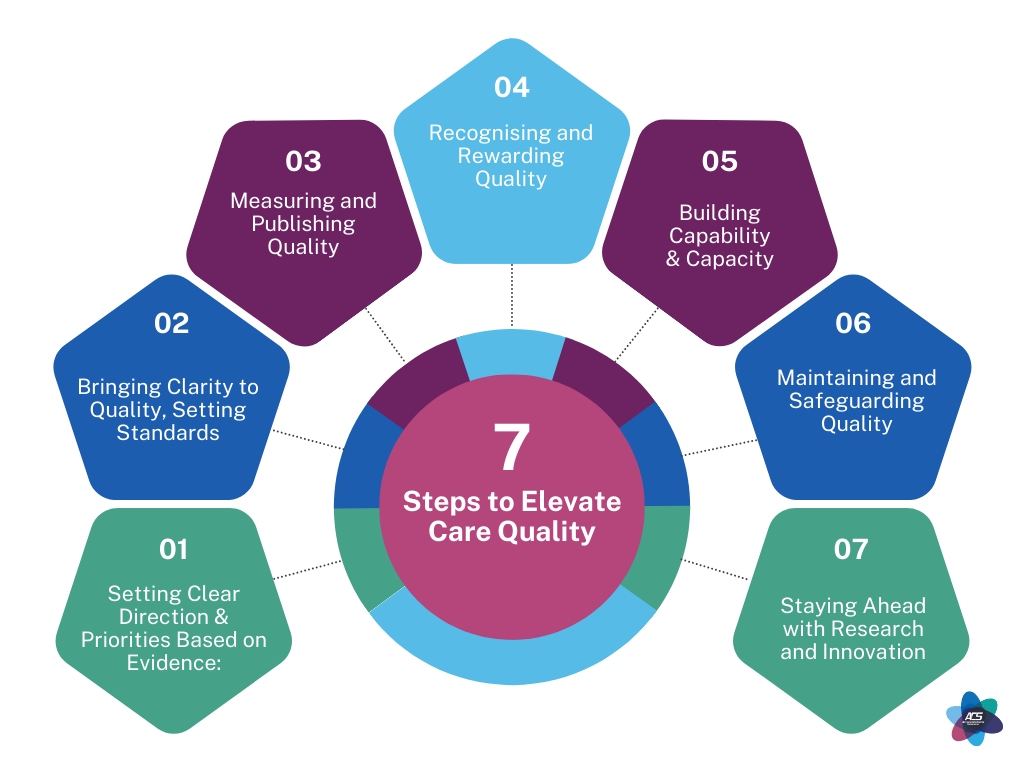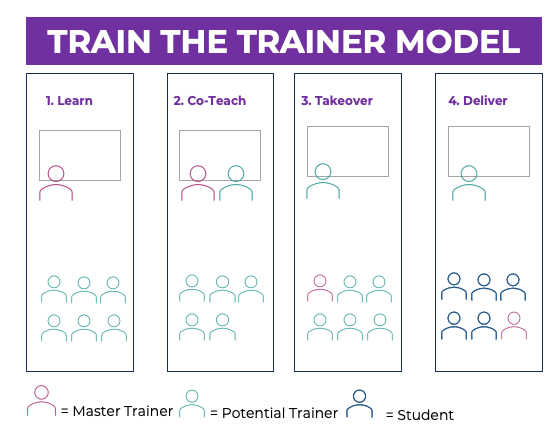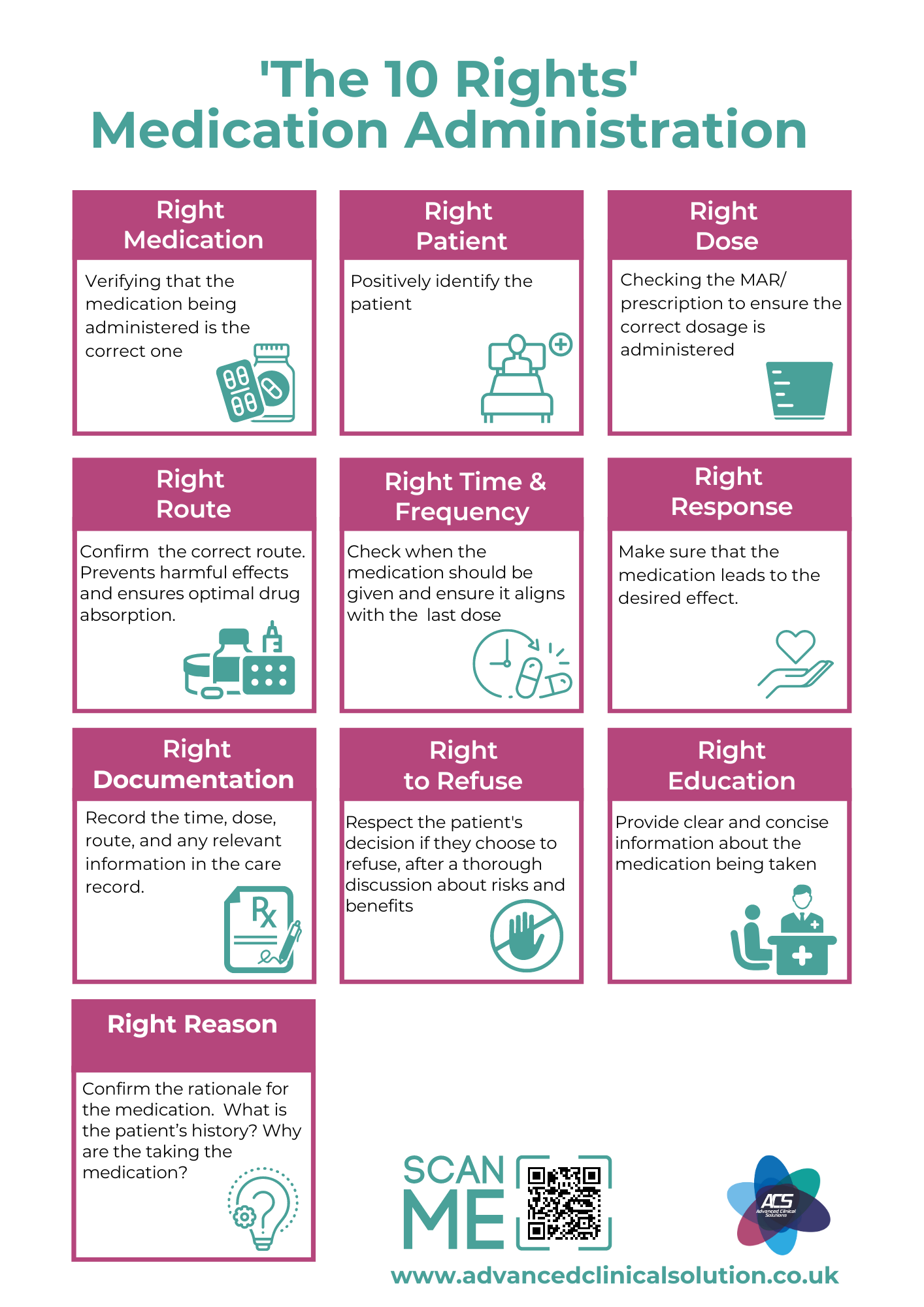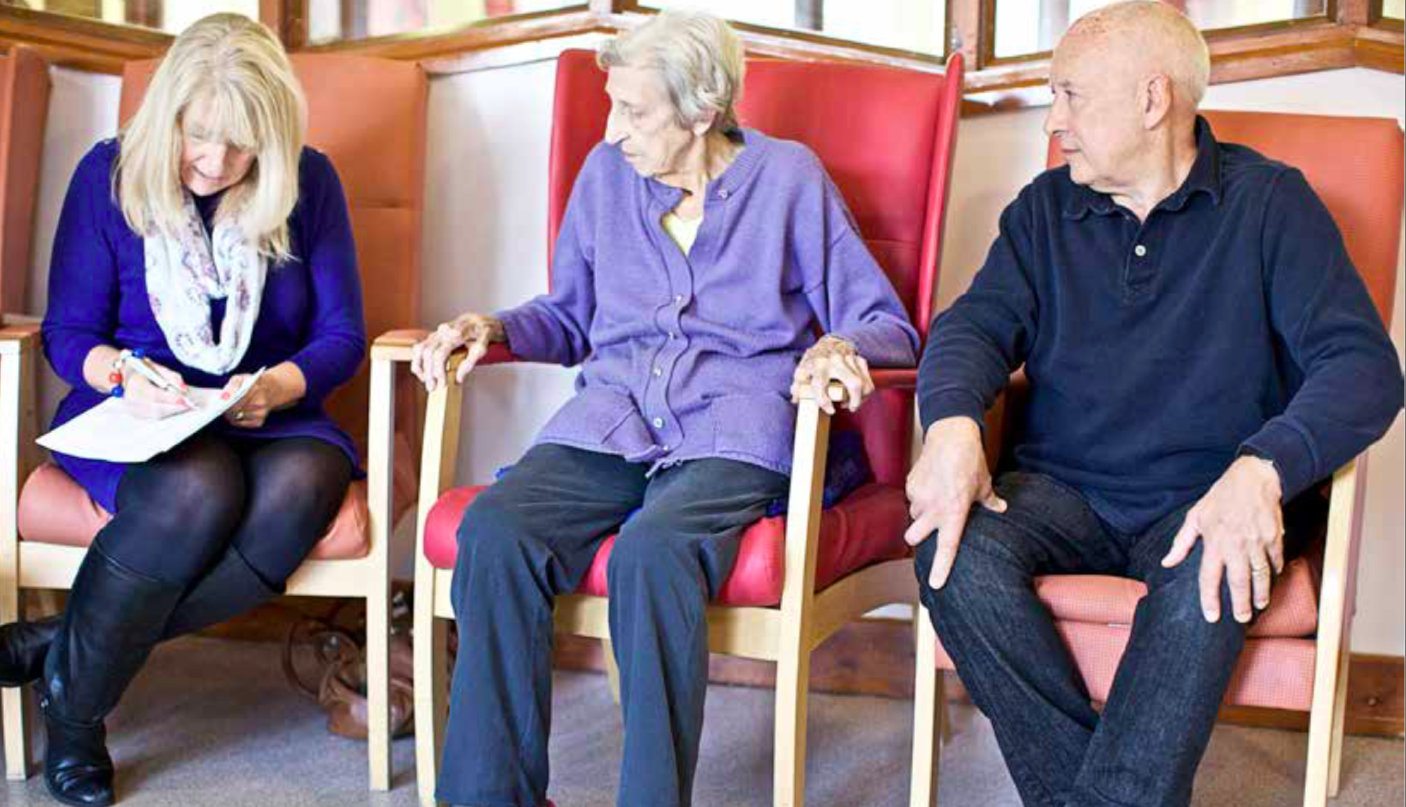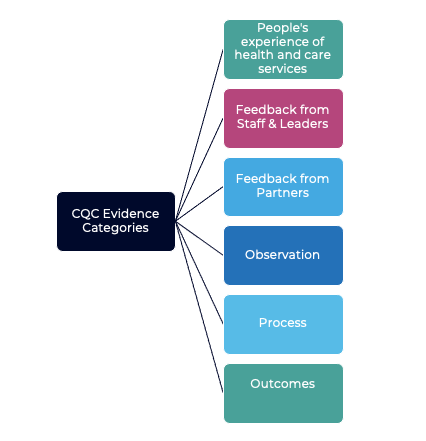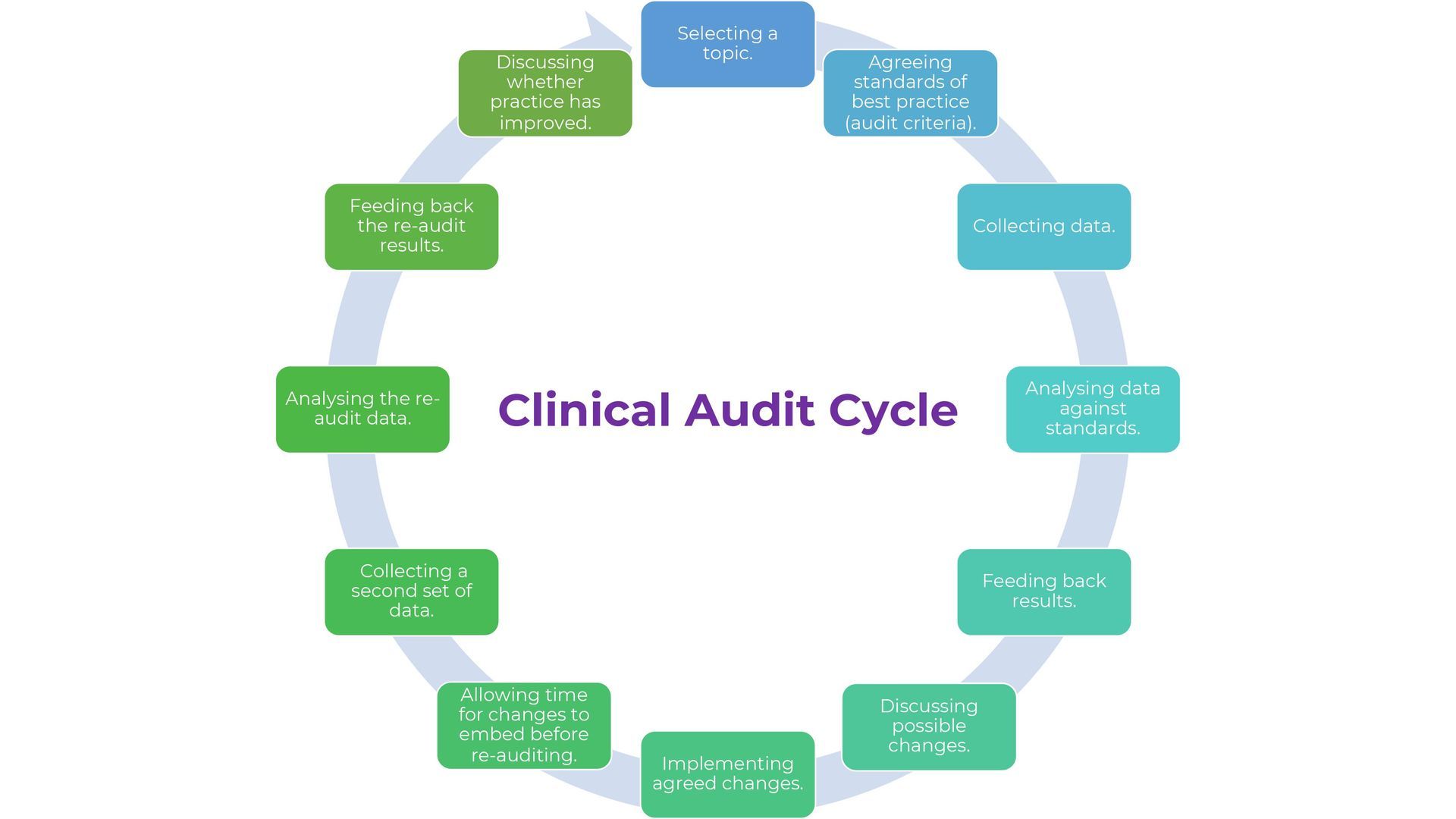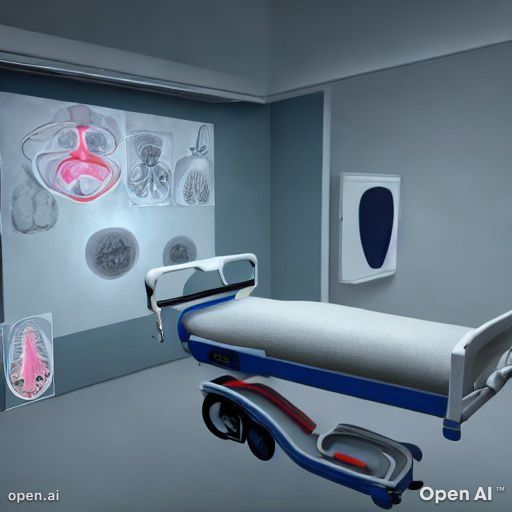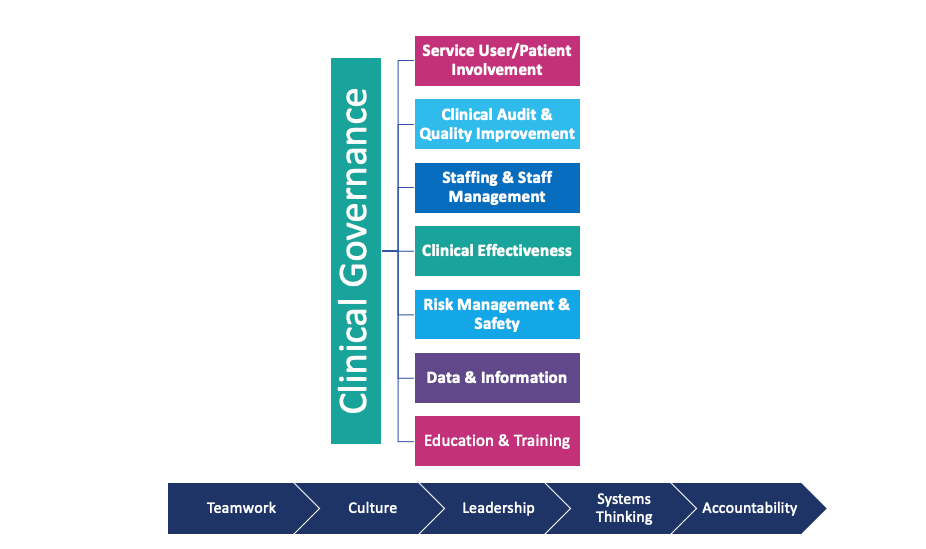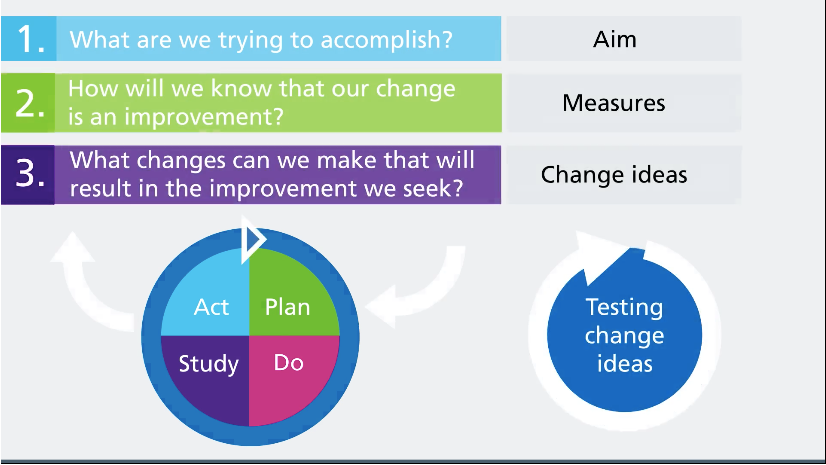Are we taking the care...... out of care planning ?
‘... every person with a long-term condition or disability has a personalised care plan supporting them to develop the knowledge, skills and confidence to manage their own health’.
Around 40% of the UK population have a long-term condition while 65% of people aged 65–84 years, have 2+ long term conditions.This figure is at an all-time high, and rising.
The use of care plans to manage multiple conditions, by assessing individuals, setting health and social care goals, supporting self-management where appropriate, and ensuring follow-up, is based on the Wagner Chronic Care Model. This model considers the need to provide support and structure to service -users and health and social care organisations alike.
Care planning has received particular interest within health and social care .Care planning has been utilised as a way of containing high costs, encouraging a more person-centred approach, improving quality of life, and reducing mortality rates and emergency admissions to hospitals.
But are care plans effective in this regard and what challenges do Health and Social Care organisations overcome to implement them?
CARE PLANNING......Whats the evidence ?
Systematic literature reviews on the impact of care planning show that it leads to only limited reductions in hospital admissions and small improvements in service-users physical health.However, it does show to improve service -users confidence and skills in self-management. There is evidence that among engaged service-users it can improve health outcomes, although most service-users are not meaningfully engaged. For example , 95% of people with diabetes are seen annually, only 50% have a consultation regarding the management of their diabetes, and 50% discuss their health goals.
The evidence base for care plans is patchy, and yet financial incentives and regulatory frameworks are being used to drive its use. Is it right to encourage their use? Could this money be better spent elsewhere? By setting goals and raising expectations with service-users, are we causing psychological harm if the goals and expectations are unachievable and unrealistic ?
‘Care planning’ can be defined as the process whereby health and social care teams and service-users discuss, agree, and review plans to achieve healthcare goals. A ‘care plan’ is a written document recording the process. The aims of care planning can vary widely depending on the professional and organisations background: social worker, doctor, nurse, manager, or as a service-user.This can lead to discrepancies between the objectives of service-users, health professionals, managers, and finance.
The main focus of health and social care managers is the collection of care planning data for contractual or regulatory assurance. Meanwhile, healthcare practitioners contend with multiple service-users, limited time for care, and may be asked to do care plans for service-users they barely know or see on a regular basis. Taking the time to do a good care plan with a focus on the outcome and quality of care can be challenging.
Who is the most appropriate person to undertake the care planning process ? Who is best placed to help service-users achieve their goals and ensure that continuity of care is achieved.
MOVING FORWARD.......
A recent article described a House of Care framework model.This model calls for a coordinated service where service-users and healthcare practitioners jointly work together to manage a condition(s). It considers the evidence that service-user involvement improves health outcomes. It emphasises a whole-system,integrated approach needed to improve care.
Service-user engagement is vital to success, but currently some service-users are not even aware that they have a care plan.
Service-users want a broad, holistic view, with support to help them live better with their condition. Healthcare practitioners are still frequently adopting narrow approaches, focusing on managing the condition rather than the person as a whole.This may be a coping mechanism, where lack of time and resources prevents service-user empowerment to take place, and the service-user/healthcare practitioner relationship is affected.
There is evidence to show that a broader approach helps service-users live better with their long-term conditions, and ultimately improves quality of life.
Each organisation will use different strategies and approaches to care planning
Advanced Clinical Solutions has devised a number of useful tools and resources for assessing and developing your healthcare organisation in all aspects of care .Please check out our tools & resources page
Email Us
For general enquiries & questions,
contact us via email
Book Free Consultation
Need some advice face to face? Book a free 30 minute MS Teams consultation
Share
CHECK OUT OUR OTHER BLOG POSTS
Knowledge Hub

